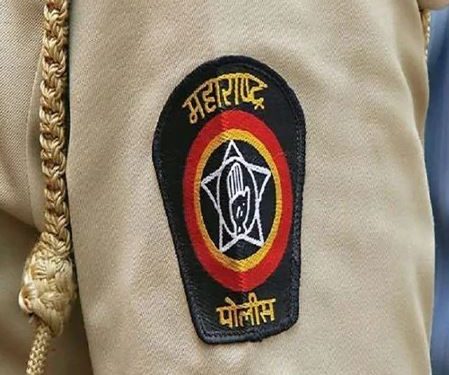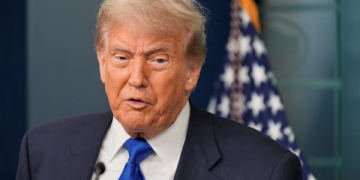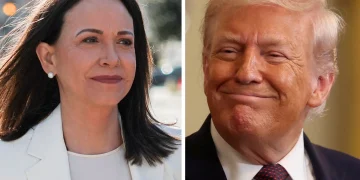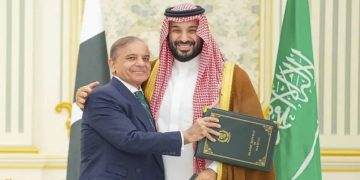Mumbai: The Maharashtra Police are drafting a drone-use policy to strengthen security and surveillance in key cities, including Mumbai, as part of preparations against unconventional terror threats, a senior official said Wednesday.
As Mumbai marks the 17th anniversary of the 26/11 terror attacks carried out by 10 Lashkar-e-Taiba terrorists from Pakistan, the city has significantly strengthened its police force with modern equipment and advanced technology to counter future threats, the official told PTI.
Earlier reports had warned that future terror strikes could involve unconventional methods. In response, the city and state police have enhanced training, strengthened capabilities, and equipped personnel with modern weapons and technology to neutralise any threat, he said.
While upgrading themselves with the latest technology, the state police, along with the central agencies, are working on a drone-use policy for the security and surveillance of important cities, including Mumbai, he said.
Ten Pakistani terrorists launched a series of coordinated attacks at vital places in the city, including the Chhatrapati Shivaji Maharaj Terminus, the Taj and Oberoi hotels in south Mumbai November 26, 2008.
As many as 166 people lost their lives, and several others were injured in the attacks that lasted around 60 hours.
“The Maharashtra government is working on a drone-use policy, and its blueprint has been prepared by the state police’s elite commando unit Force One with the help of the central agencies,” the official said.
After building the capability of the force in using drones for security and surveillance, there will be a drone unit in the police force, including Mumbai, he said.
As per policy, the timing and locations of drone deployments will be decided based on situational needs, the official said, adding that drones will aid surveillance not only in megacities but also in Naxal-affected areas.
The government has also focused on coastal security, and many things are being done to strengthen the coasts. Besides the available patrolling boats and interceptors for the marine police, the government has also ordered 20 more interceptor boats for the state police force.
There is good coordination between all the coastal security stakeholders, including police, Coast Guard and Navy, and their meetings are held regularly to avoid any untoward incident in the Arabian Sea, the official said.
During the 2008 Mumbai terror attack, terrorists had used the sea route, while explosives for the 1993 serial blasts were also brought the same way. In view of this threat, all landing points in the city and other coastal districts are now secured by police, he said.
“Our security agencies have modernised the radar system. We are also using drones for aerial surveillance,” he said, adding that the government is meeting the requirements of the coastal police.
Mumbai is under elaborate CCTV surveillance, enabling police to respond swiftly and avert any untoward incident, the official pointed out.
The government has now decided to initiate the third phase of the CCTV installation project, sanctioning Rs 2,140 crore for it, he informed.
Under the project, started in Mumbai after the 2008 terror attack, 5,442 CCTVs were installed in the first phase and 5,069 in the second phase. In the third phase, 866 more CCTVs will be installed, the official said.
Besides installing new CCTVs, the government is also enhancing the surveillance capacity of the existing devices by integrating facial recognition and AI-based video analytics, he said.
“Mumbai will be one of the safest cities in the world in the next couple of years,” the official assured.






































